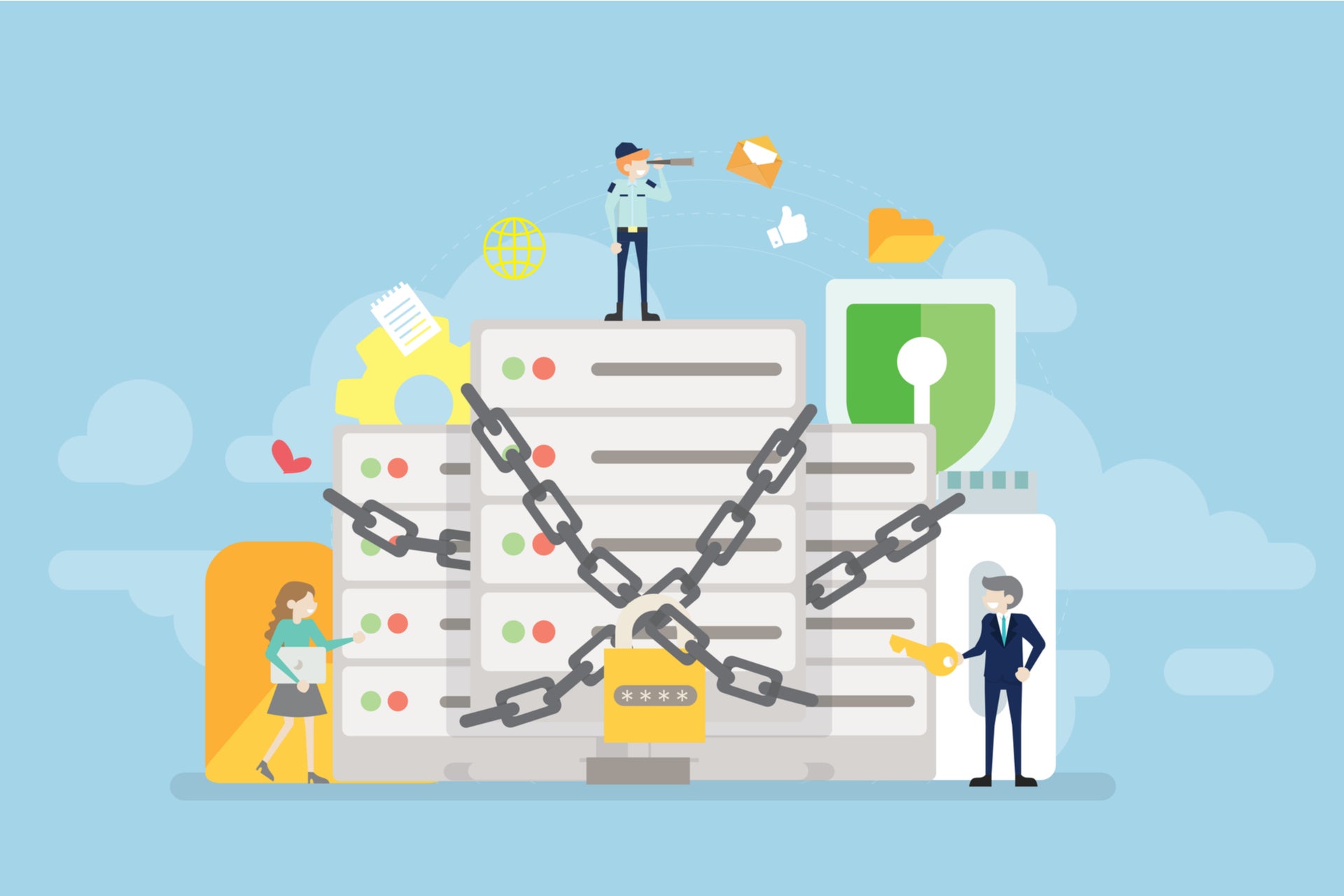
The responsibility for keeping business data safe has become more spread out among C-level roles, according to research by Big Data LDN.
In its annual Fourth Industrial Revolution report, Big Data LDN found a lack of conformity among UK businesses when it comes to data responsibility.
Of the 500 UK data experts surveyed, 9% said the CEO was ultimately responsible for looking after an organisation’s data. This marks a 40% decrease from 2018, when it stood at 15%.
The introduction of the General Data Protection Regulation (GDPR) in May 2018 is likely to have played a role in this perception shift, with 0% responding that CEOs were responsible for a firm’s data in 2017.
GDPR fines of £183m and £99m for British Airways and Marriott International, respectively, have put more burden than ever on firms to ensure proper data privacy procedures are followed.
While responsibility is now “spread thinly” across C-level roles, the relatively new role of chief privacy officer saw the biggest jump, up to 5% from 3% a year ago.
How well do you really know your competitors?
Access the most comprehensive Company Profiles on the market, powered by GlobalData. Save hours of research. Gain competitive edge.

Thank you!
Your download email will arrive shortly
Not ready to buy yet? Download a free sample
We are confident about the unique quality of our Company Profiles. However, we want you to make the most beneficial decision for your business, so we offer a free sample that you can download by submitting the below form
By GlobalDataFewer than 10% of chief data officers are considered to be responsible for a company’s data. That’s followed by 7% of chief information officers, 5% of chief marketing officers and 4% of chief financial officers.
The report notes that having different roles responsible for an organisation’s data could result in varying business impacts:
“CMOs being in charge of data, for example, may choose to focus on ensuring customer data is fully ‘opted in’ for marketing purposes, whereas CFOs may carry out different initiatives, using the data to drive revenue for the business,” the report said, which was conducted by Coleman Parkes for Big Data LDN and Cloudera.
Data responsibility & AI ethics
Numerous instances of AI systems exhibiting bias, such as a recent healthcare algorithm that discriminated against black patients, has placed even more importance on data ethics.
The Fourth Industrial Revolution report reflects this trend, with chief data officers and data ethics boards having a larger role in data ethics than this time last year.
Privacy scandals and data breaches have also put increasing pressure on firms to ensure they uphold high standards of data privacy. But the view was mixed among UK data experts as to who should be responsible for data ethics and data privacy.
The largest contrast between the two was among the CEO level, who are considered to have half as much responsibility for data ethics (6%) as they do for data privacy (12%).
Meanwhile, CIOs and CTOs are viewed as being most responsible for data privacy (20%).
“UK businesses are creating clear demarcation lines between privacy and ethics, depending on job title,” states the report. “However, one thing is very clear, businesses cannot have one without the other, even top technical management. CIOs and CTOs, need to have an eye on data ethics, too.”
The Fourth Industrial Revolution report was released ahead of Big Data LDN 2019, a free two-day conference in London that brings together more than 130 big data and analytic vendors from around the world and includes a keynote from Cambridge Analytica whistleblower Cristopher Wylie.
Read more: Let’s get ethical: Creating fair and trustworthy AI







